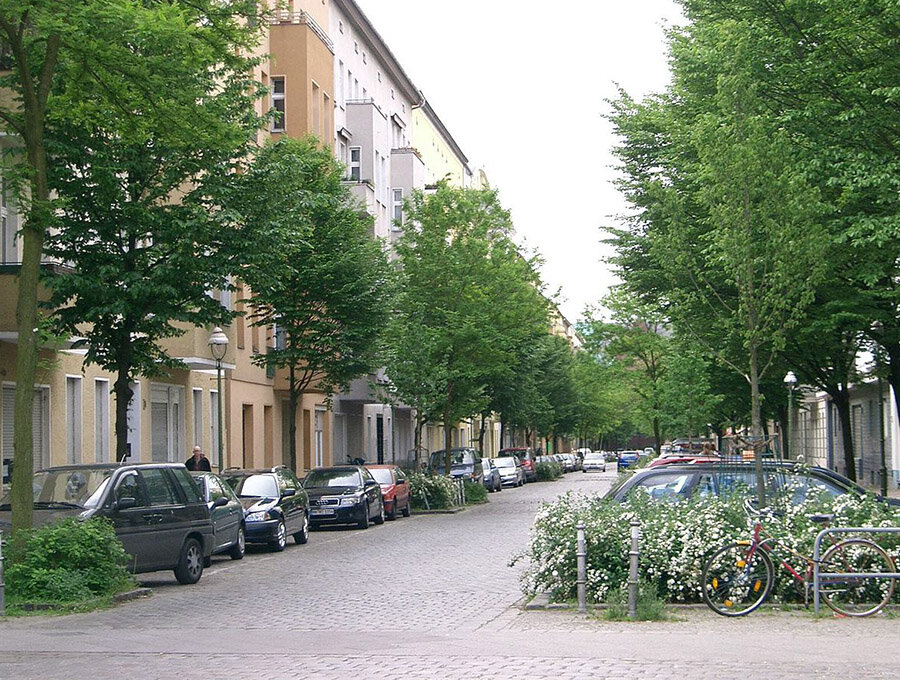Berlin to Ban Rental of Furnished Apartments, Authorities Say

Photo: Wikimedia
Berlin’s Senate and district governments are preparing measures to restrict short-term rentals of furnished apartments. The portal The Berliner reports that a complete ban is under discussion for several areas of the German capital.
Temporarily renting out furnished apartments has long been used to circumvent the Mietpreisbremse law — a regulation limiting rent increases. While landlords are technically prohibited from charging more than 10% above the local average, furnished short-term rentals often demand significantly higher rates, citing unspecified furniture costs. This allows inflated pricing without formally violating the law.
According to city officials, this practice worsens the housing crisis and nullifies the impact of current policies. As a result, the Senate and several local administrations have proposed banning such rentals. Initially, the restrictions would apply to the districts of Friedrichshain-Kreuzberg, Neukölln, Charlottenburg-Wilmersdorf, and Pankow — home to over 1.2 million people. These areas would be granted Milieuschutzgebiete status, which enhances social protections for tenants.
District construction official Jochen Biedermann (Green Party) said legal loopholes allow excessive prices for short-term stays. Senate representatives confirmed that a corresponding legislative project is currently under discussion.
Previously, Berlin launched a tenant hotline in response to data from Conny showing that 75% of renters in the city are overpaying. Many are unaware of their rights or afraid to exercise them — particularly in cases of subletting or short-term contracts. The new service offers free consultations, rent comparison tools based on Mietspiegel benchmarks, and guidance on potential next steps. Still, the Senate admits this doesn’t address the core issue — a lack of available housing.
Long-term data confirms the rise in Berlin rents. According to the Federal Institute for Building and Urban Affairs, between 2015 and 2025, rents rose by 107%, reaching an average of €18.29 per square meter — the sharpest increase among Germany’s major cities.
In early 2025 alone, rents in Berlin increased by 16.1% year-on-year, according to Centrarium. ImmoScout24 data shows that in some segments, prices reached €19.23 per square meter, second only to Munich. Meanwhile, the effectiveness of the Mietpreisbremse remains in doubt: the law doesn’t apply to new buildings, renovated homes, short-term leases, or units already priced above market rates. Many politicians now call it ineffective. MP Karen Lay (Left Party) argues that the regulation fails to protect tenants and only deepens social inequality.
New renters are especially vulnerable. ImmoScout24 found that their housing costs have increased by 30% over two years. A study by the IW Institute shows that the proportion of households spending over 40% of their income on rent rose from 5% in 1991 to 14% in 2024, far above the EU-recommended cap of 30%.
Berlin’s rental crisis mirrors a national trend. Over the past decade, rents have increased by 66.7% in Leipzig, 57% in Bremen, and 52% in Frankfurt. Even Dresden, with a smaller rise of 28.4%, now averages over €9/m². Nationwide, Centrarium reports a 6.38% increase in early 2025, bringing the German average to €13.55/m².
Demand continues to grow: in 2025, 52.2% of Germans were renters, up from 47.5% in 2014. Analysts expect rents to rise faster than property prices — by 4–5% annually.
The main reason is supply shortages: just 260,000 new housing units were built in 2024, well below the 400,000 needed. In 2025, forecasts range from 150,000 to 200,000. ING Chief Economist Carsten Brzeski warns that even if interest rates drop, affordable housing will remain scarce. Renting remains the only alternative — and it's getting more expensive each year.
Read also:
Germany’s Housing Market in 2025: Stabilization After Decline
Germany’s Commercial Real Estate: Cautious Growth in Early 2025
German City Launches Free Housing Program for Displaced Persons
New Apartments in Germany: Top 10 Most Expensive Cities
Purchasing Power in Germany 2025: Economic Context and Regional Trends








